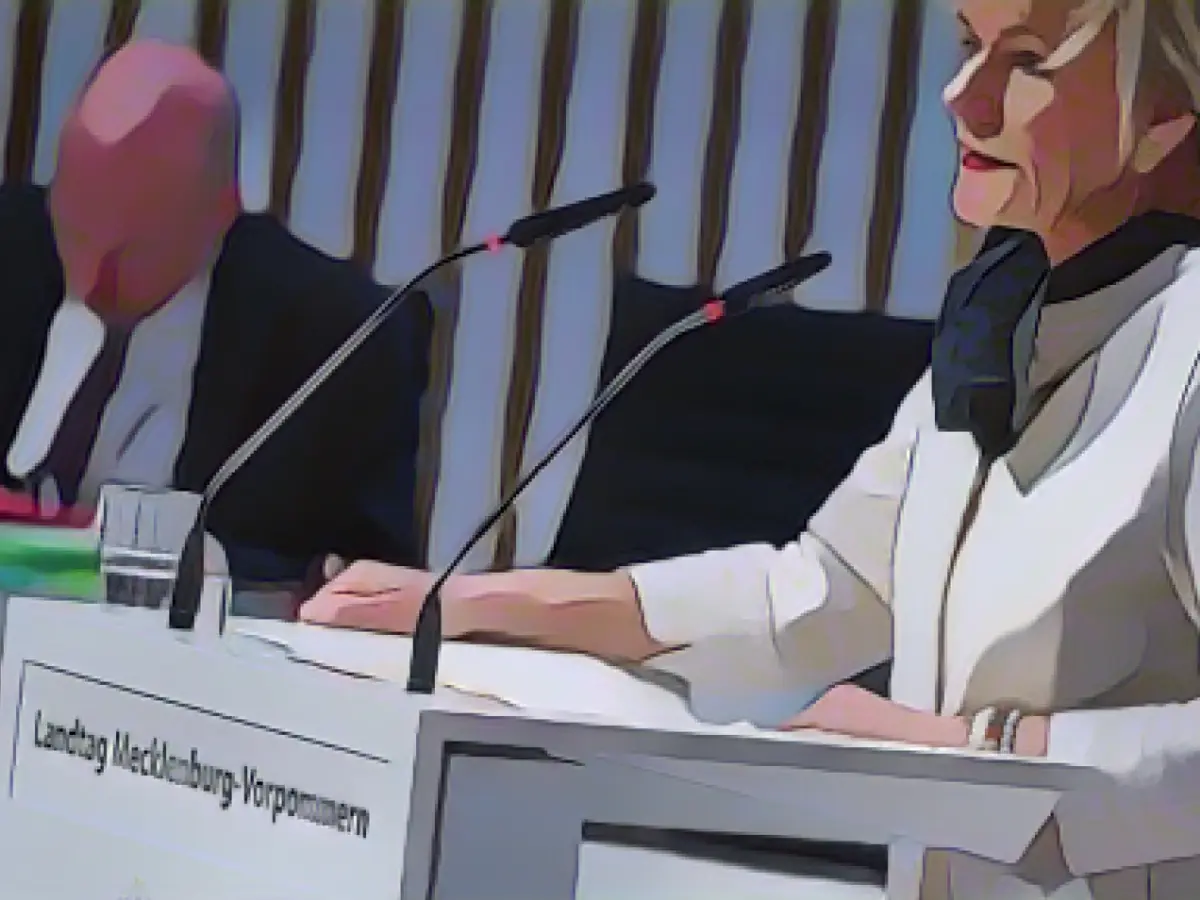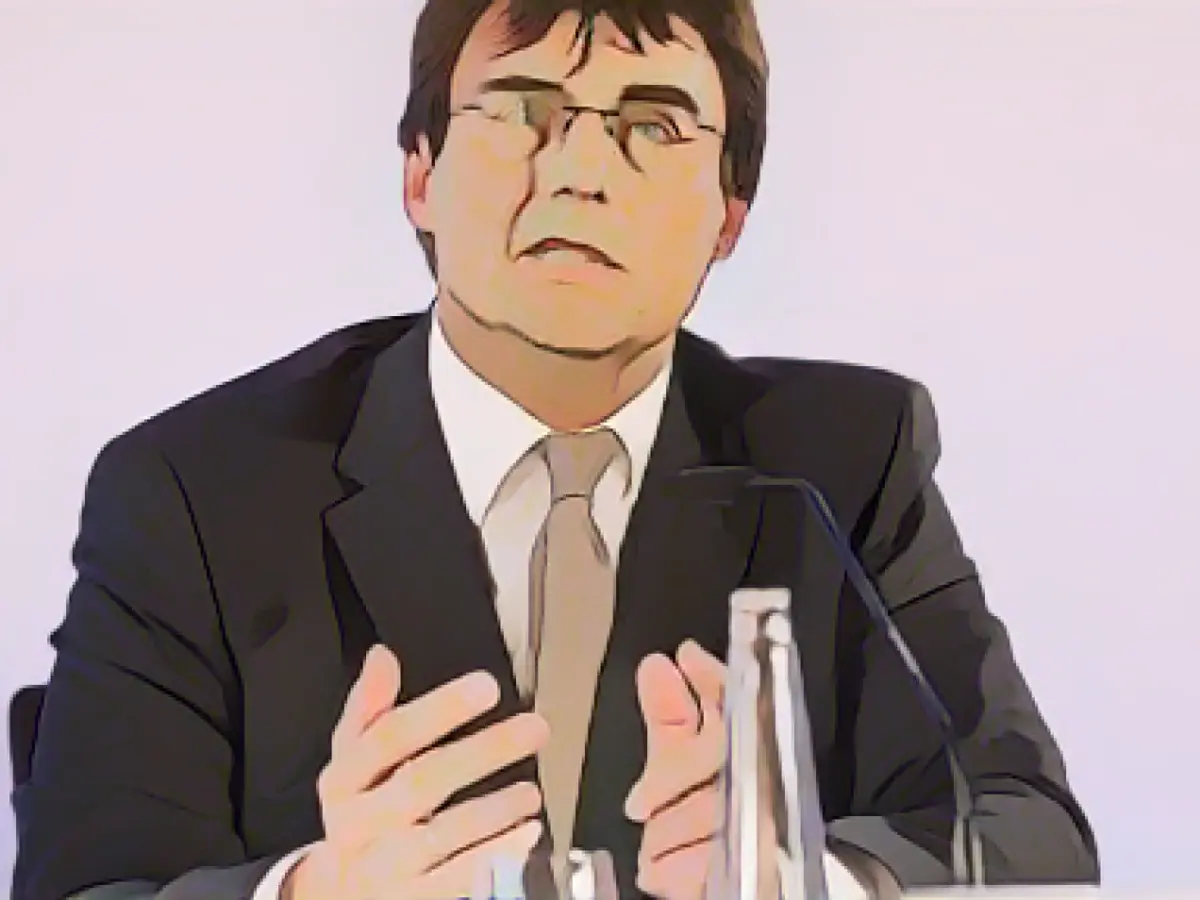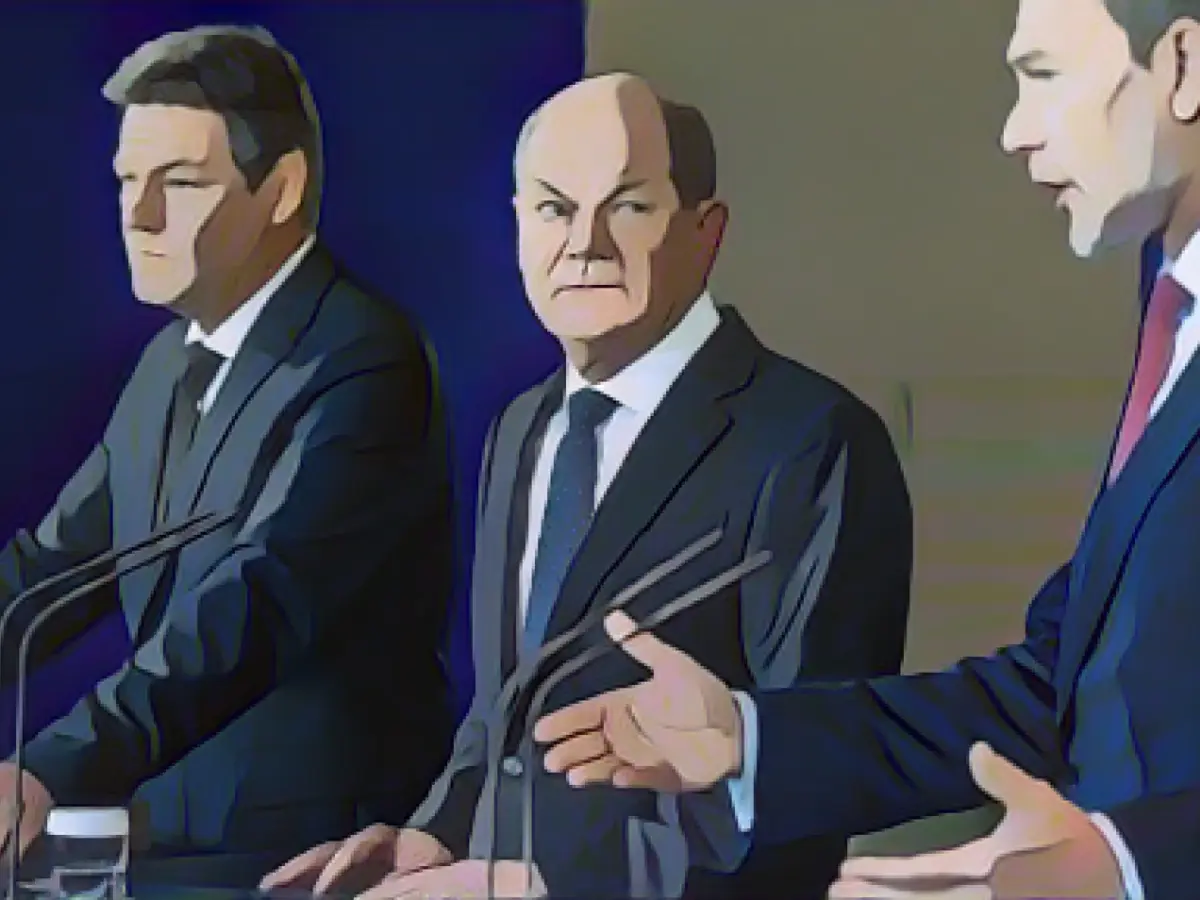Despite a volatile financial situation and an ailing economy, Mecklenburg-Vorpommern is set to shell out an eye-popping 11.4 billion euros in 2024, and an astounding 11.6 billion euros in 2025. Remarkably, the state will avoid incurring any new debt, choosing instead to tap into its reserves for finance. After a passionate, heated debate over funding priorities, the state parliament passed its double budget late Wednesday, backed by the SPD and Left Party coalition groups.
The budgetary plan includes a staggering 11.6 billion euros for 2025, marking a significant upward trend from the state's highest spend of 2020, during which it took on debt for the first time since 2006 to manage the coronavirus crisis. The opposition, which viewed the budget as lacking ambition and response to pressing challenges like digitalization and the energy transition, uniformly voted against the financial plan.
SPD MP Tilo Gundlack lauded the budget, describing it as evidence of a robust, forward-thinking fiscal policy focused on security, progress, and social justice. In the beginning of the debate, which spanned ten hours, Education Minister Simone Oldenburg (Left Party) called for widespread support for the double budget on behalf of the state government. She dismissed the CDU opposition's proposition to postpone the budget vote to the new year at the expense of important initiatives such as school construction and subsidies for nursing staff, fire departments, and tourism.
Personnel costs will soar to a record high of 2.7 billion euros in 2024, climbing to 2.9 billion euros in the following year. With personal expenses accounting for a 22% share of Mecklenburg-Vorpommern's total expenditure, the state is well positioned compared to other federal states, Finance Minister Heiko Geue (SPD) affirmed. However, the budget share is set to increase to 25% in the northeast by 2025.
Mecklenburg-Vorpommern boasts a solid fiscal footing, Heiko Geue emphasized, refuting allegations that the state was drowning in red ink. The coalition will sustain high-level investments totaling 3.3 billion euros in both years, with a focus on economic growth. Around 800 million euros will be allocated for future projects in hydrogen technology. Additional funds will be allocated for infrastructure expansion, education, and childcare, along with bolstering social cohesion.
The state anticipates grant funding of 700 million euros from the federal government in the coming years. However, the grant's financial viability hinges on the inconclusive federal budget situation, weighed down by a precarious budget crisis. In a backstage tussle, the leaders of the traffic light coalition finally reached an agreement on the federal budget for 2024 on Wednesday. The federal court's budget ruling forced the federal government to enforce cuts and savings, which will also influence Mecklenburg-Vorpommern's federal funds allotment.
The opposition criticized the budget for neglecting essential topics like digitalization and artificial intelligence. Additionally, the coalition faces accusations of violating the Federal Constitutional Court's debt brake requirements by clinging to the 400 million euro special fund for university hospitals, which is financed by the Corona Protection Fund. Opposition leaders questioned the coalition's commitment to reforming the debt brake, implying instead that they wished to dismantle it.
The coalition's budget fails to elicit a long-term, stable vision, according to the FDP's René Domke. He asserted that the state budget falls short of delivering answers to pressing issues, lamented the absence of proposals to reduce bureaucracy, digitalize, or cut personnel costs. In the end, none of the FDP's more than 100 amendments were adopted.
Insights
The 2024/25 budget of Mecklenburg-Vorpommern neglects the digitalization and energy transition challenges, at least in the provided resources. However, regional initiatives and national policies in Mecklenburg-Vorpommern and Germany at large demonstrate a strong commitment to both topics.
- Digitalization: The growing demand for trained IT professionals, particularly in software development, IT system administration, and IT application consulting, highlights the need for specialized training and recruitment. The HTWK Leipzig is involved in various projects, such as developing sustainable building modules and optimizing production processes, aimed at promoting digitalization.
- Energy Transition: Germany has committed to meeting half of its energy demands from renewable sources by 2050. The country plans to phase out nuclear power and coal-fired plants, primarily focusing on wind, solar, biogas, and other renewable energy resources. Regional initiatives in Mecklenburg-Vorpommern also align with this goal, as projects like HTWK Leipzig's HBVcarbon focus on utilizing efficient materials and optimizing production processes to create sustainable building modules.
- Criticism and Support: The opposition has criticized the current form of the debt brake, which has faced controversy since 2013. Some argue that this flawed calculation might hinder investments in digitalization and energy transition, affectionately called "green pork barrels." The Green Party, on the other hand, has supported renewable energy transition but faces criticism, such as calls to mend the Nord Stream 2 pipeline, which may delay the shift to cleaner energy sources.
In conclusion, although the 2024/25 budget misses the mark on targeted digitalization and energy transition strategies, regional initiatives and national policies demonstrate the state's commitment to tackling these challenges. However, criticism by opposition parties reveals the need for a more resolute approach to address digitalization and the energy transition in a more effective and equitable way.








